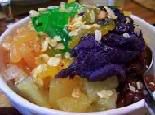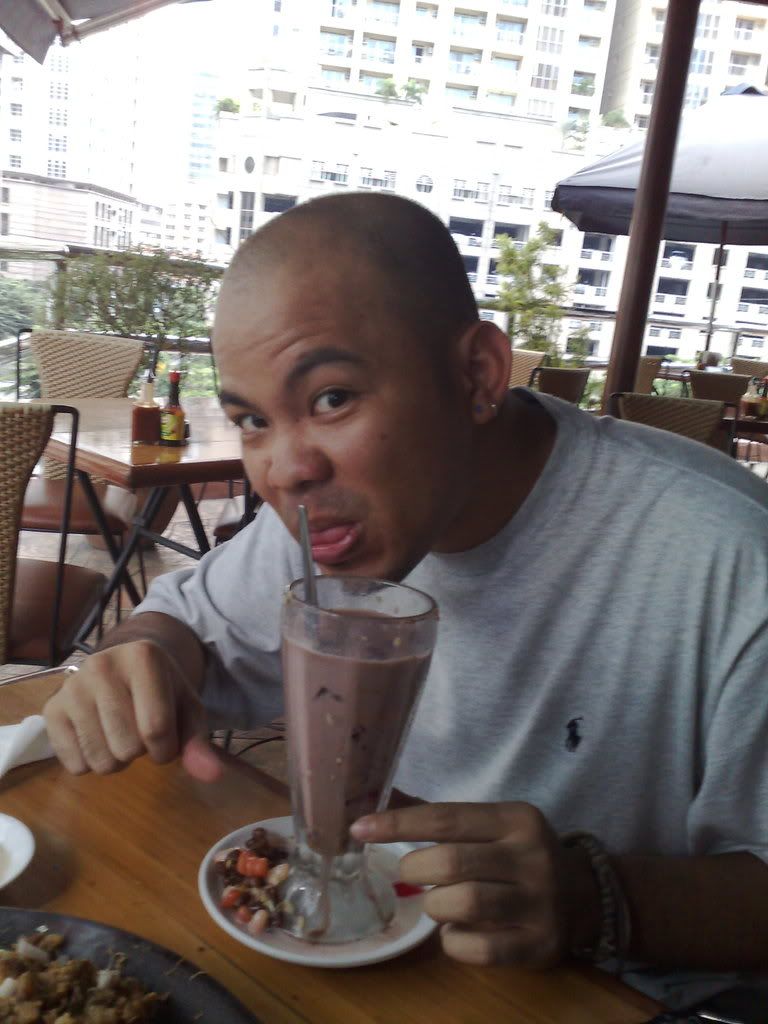I dunno what's with this poem (who does?) but the whimsical play of words, no matter how meaningless they are, had grabbed attention since its composition on 1871 by my idol, the great Lewis Carroll *praise thee!*.The actual poem itself first appeared inside one of his own masterpiece - Through The Looking-Glass (Alice in Wonderland). A masterpiece inside another masterpiece by fact! Galing noh? The scene where Jabberwocky was narrated in the story showed Alice reading to Humpty Dumpty the poem then afterwards asked the poor egg the translations for the queer words used in it. Well, that's what made this literary piece an acclaimed classic - the poem seemed to contain some meaning when read when it is gramatically meaningless in fact.Here's the poem in it's full glory:*round of applause*"The Jabberwocky"
by Lewis Carroll
'Twas brillig, and the slithy toves
Did gyre and gimble in the wabe:
All mimsy were the borogoves,
And the mome raths outgrabe.
'Beware the Jabberwock, my son!
The jaws that bite, the claws that catch!
Beware the Jubjub bird, and shun
The frumious Bandersnatch!'
He took his vorpal sword in hand:
Long time the manxome foe he sought-
So rested he by the Tumtum tree,
And stood awhile in thought.
And, as in uffish thought he stood,
The Jabberwock, with eyes of flame,
Came whiffling through the tulgey wood,
And burbled as it came!
One, two! One, two! And through and through
The vorpal blade went snicker-snack!
He left it dead, and with its head
He went galumphing back.
'And hast thou slain the Jabberwock?
Come to my arms, my beamish boy!
O frabjous day! Callooh! Callay!'
He chortled in his joy.
'Twas brillig, and the slithy toves
Did gyre and gimble in the wabe:
All mimsy were the borogoves,
And the mome raths outgrabe.
Wonderful. Just wonderful.










